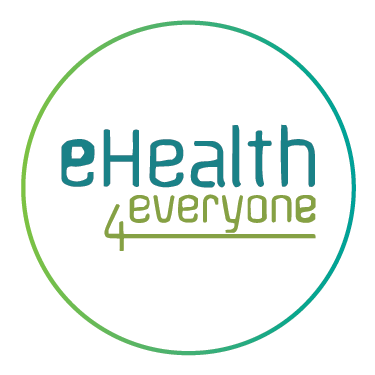Virtual Reality
Tweets
Contact Info
Address: Abuja Office: 8 Kukawa close, off Gimbiya street, close to Top Rank Hotel, Area 11, Garki, Abuja.
Registration Number: RC1276247.
Lagos Office: 12, Reverend Ogunbiyi , Off Oba Akinjobi Way, Ikeja GRA, Lagos.
Mobile: +2349021720570
Registration Number: RC1276247.
Lagos Office: 12, Reverend Ogunbiyi , Off Oba Akinjobi Way, Ikeja GRA, Lagos.
Mobile: +2349021720570
Email: Click Here
Designed & Powered by eHealth4everyone. Copyright 2015-






